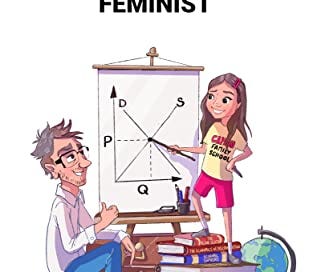Feminists have sometimes been wary of defining feminism. According to one feminist, “definition is a male prejudice”—“the day we start defining feminism it’s lost its vitality.”1 I don’t know what that means quite, but one worry about defining feminism is that feminism is too intellectually diverse to be responsibly captured by a single definition.
It wo…
Keep reading with a 7-day free trial
Subscribe to Going Awol to keep reading this post and get 7 days of free access to the full post archives.



